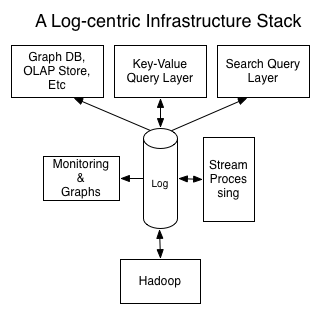In June 2012, I promised myself that I’d learn Clojure “as a mind expander”. As a long-time Python programmer who has been using Python full-time in my work at Parse.ly, I wanted to explore. I wrote then:
I don’t know whether Clojure programs will be better or worse than equivalent Python programs. But I know they will be different.
It took me awhile, but in January of this year, I started teaching myself the language.
Rich Hickey, and the “Cult of Personality”
My approach was to first learn the underpinnings of the language from books and online videos. If you embark on this for Clojure, you will inevitably run into the copious publicly-available material from the language’s creator, Rich Hickey.
In stark contrast to Guido van Rossum in the Python community, Rich Hickey is undeniably not just the Clojure language’s creator, but also a kind of spokesperson for a functional programming renaissance. Guido van Rossum generally lays low and lets the Python language and community speak for itself, and tries to avoid controversy. To him, Python is just a popular tool he happened to create, and it doesn’t represent any major paradigm shift in programming. It’s a positive evolutionary improvement supported by a great open source ecosystem and community. To Hickey, however, “traditional” programming languages — but especially popular ones with an object-oriented focus, such as Java and C++ — are just plain wrong. He proposes Clojure as an antidote of sorts.
You can get the gist of this from his motivating videos, such as Hammock-Driven Development, Are We There Yet?, and Simple Made Easy. For a thorough overview of Clojure as a language, you can also get a walkthrough by Hickey, given to a room full of Java developers, in Clojure for Java Programmers Part I and Part II.
Here is a summary of the viewpoint. Most languages are missing some important attributes that can help us tackle the most complex issues in programming projects:
Continue reading Clojonic: Pythonic Clojure


